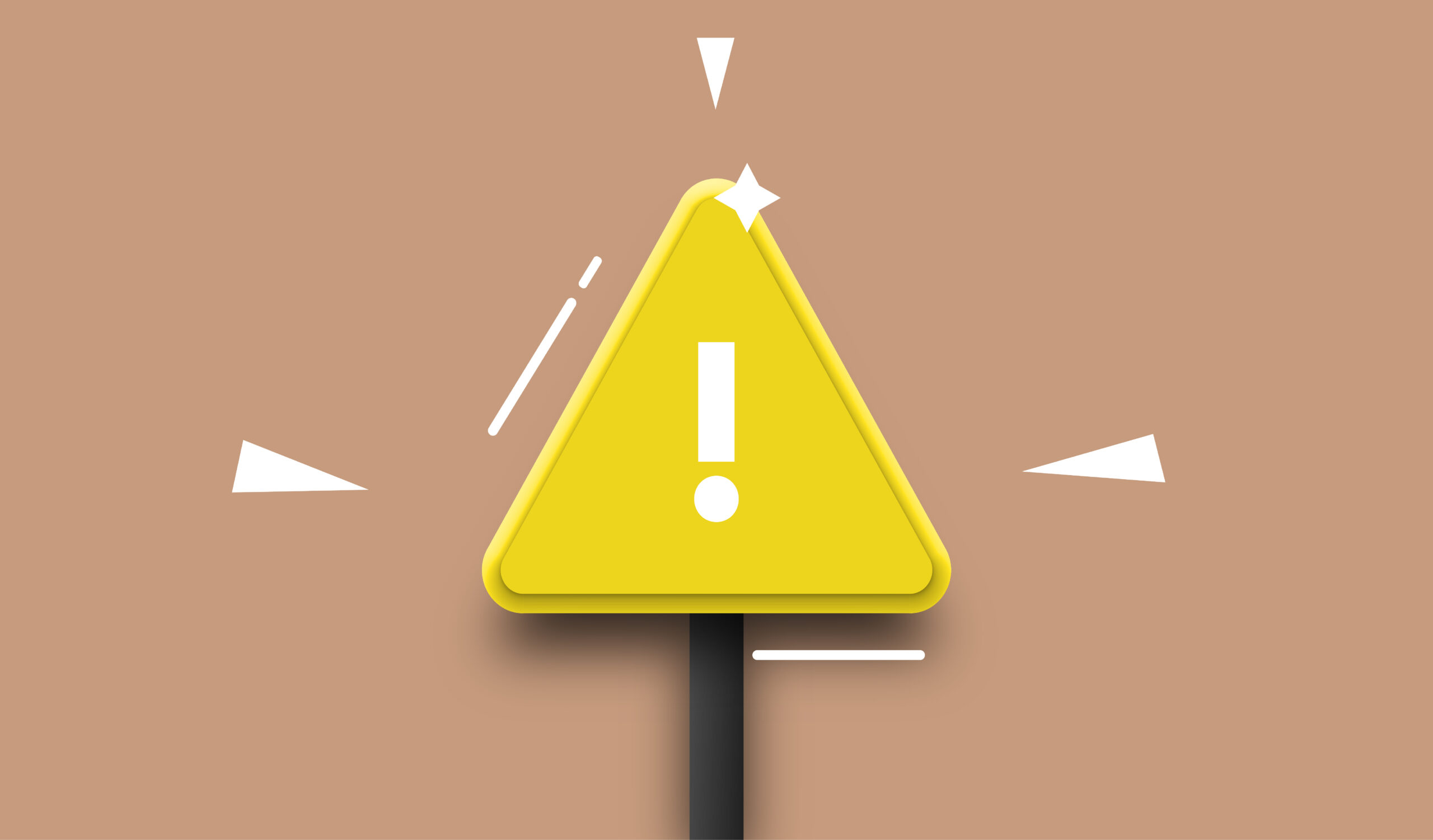What are the precautions and warnings for Lisinopril?
Title: Precautions and Warnings for Lisinopril: Safely Navigating Blood Pressure Management
Introduction:Lisinopril is a commonly prescribed medication used to manage high blood pressure. It belongs to a class of drugs called ACE inhibitors, which work by relaxing blood vessels and reducing the workload on the heart. While Lisinopril can be highly effective, it’s important to be aware of certain precautions and warnings to ensure its safe and appropriate use. In this blog, we will discuss these precautions and offer helpful insights for those considering or already taking Lisinopril.
1. Consultation with a Healthcare Professional:Before starting Lisinopril or any medication, it is crucial to consult with a healthcare professional. A doctor will evaluate your medical history, perform necessary tests, and assess potential drug interactions to determine if Lisinopril is suitable for you. They can also guide you on the correct dosage, duration, and provide any specific precautions based on your individual health status.
2. Allergies and Medical Conditions:Inform your healthcare provider about any known allergies, especially to ACE inhibitors, as Lisinopril may trigger allergic reactions. Additionally, disclose any medical conditions you have, including kidney disease, liver disease, diabetes, heart conditions, or recent major surgery. These factors can impact the safe and appropriate use of Lisinopril, and your doctor may need to adjust the dosage or closely monitor your health.
3. Pregnancy and Breastfeeding:Pregnant women or those planning to become pregnant should notify their doctor before taking Lisinopril. This medication may harm the fetus, particularly during the second and third trimesters. Similarly, Lisinopril passes into breast milk and can affect a nursing infant. Alternative blood pressure management options should be discussed with a healthcare professional in such cases.
4. Proper Dosage and Administration:It is essential to follow the prescribed dosage and administration instructions provided by your doctor or pharmacist. Lisinopril is usually taken once daily and can be taken with or without food. Do not alter the dosage without consulting your healthcare provider. If a dose is missed, take it as soon as possible unless it is close to the next dose. Never double the dose to compensate for a missed one.
5. Drug Interactions:Certain medications and supplements may interact with Lisinopril, leading to undesirable effects or reduced efficacy. Inform your doctor about any current medications, including over-the-counter drugs, herbal supplements, or vitamins. Of particular concern are non-steroidal anti-inflammatory drugs (NSAIDs) like ibuprofen and naproxen, as they can interact with Lisinopril and affect kidney function.
6. Side Effects and Monitoring:While Lisinopril is generally well-tolerated, it may cause side effects in some individuals. Common side effects include a dry cough, dizziness, headache, and fatigue. If these symptoms persist or worsen, contact your healthcare provider. Regular monitoring of blood pressure and kidney function is recommended to ensure the medication’s effectiveness and detect any potential complications promptly.
Conclusion:Lisinopril is an effective medication for managing high blood pressure, but it must be used with caution and under proper medical guidance. By discussing allergies, medical conditions, and any ongoing medications with your healthcare provider, you can ensure the safe and appropriate use of Lisinopril. Remember to follow the prescribed dosage, report any side effects promptly, and go for regular check-ups to monitor your response to the medication. Taking these precautions will contribute to your overall well-being and help you achieve better blood pressure control.



